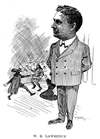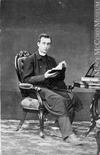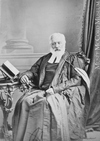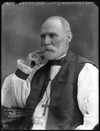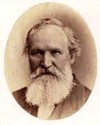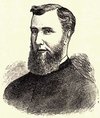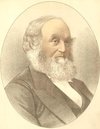. K. is a member will not tolerate such conduct, nor permit it to be tolerated by any of his respectable clergy.” He then denied that Kent had any such influence at his command, and concluded that he
in a letter of 179l. “Wiswall is an infirm man,” he wrote, “& rather incapable of that exertion which the state of the country requires – like too many of the Clergy here, he does not seem to
with fierce opposition from many clergy and laity for some years but that would be rewarded by wide and enthusiastic commendation shortly before his death. In July 1861 he was ordained priest by
.
In 1827–28, Wood was in England and took his ma at Cambridge. He also published An apology for the colonial clergy of Great Britain: specially for those of
report] (London), 1748–49, 46. J. B. Bell, “Anglican clergy in colonial America ordained by bishops of London,” American Antiquarian Soc., Proc. (Worcester, Mass.), 83 (1973), 159. G.B
leading evangelical, who immediately declined. The synod then adjourned for two months after establishing a committee of laity and clergy to bring forward names to be considered. Worrell, a theological
of his co-religionists as a whole, and in 1827 he spoke in favour of giving Presbyterian clergy full rights to perform marriages.
During the “Brandy
Hartman* and Louis-Victor Sicotte* calling for measures to abolish seigneurial tenure and secularize the clergy reserves. But although
only the deaf but also the government, the clergy, and the public, all of whom had originally been insensitive to the cause
native clergy with some scepticism, even though it was CMS policy. He had thought that the mixed-blood members of his congregation at St Andrews suffered from their native heritage, and he believed
name changed to Inverness in 1837. For two decades he was re-elected with the support of its merchants and, more especially, its Catholic laymen and clergy, who constituted a majority of the population




